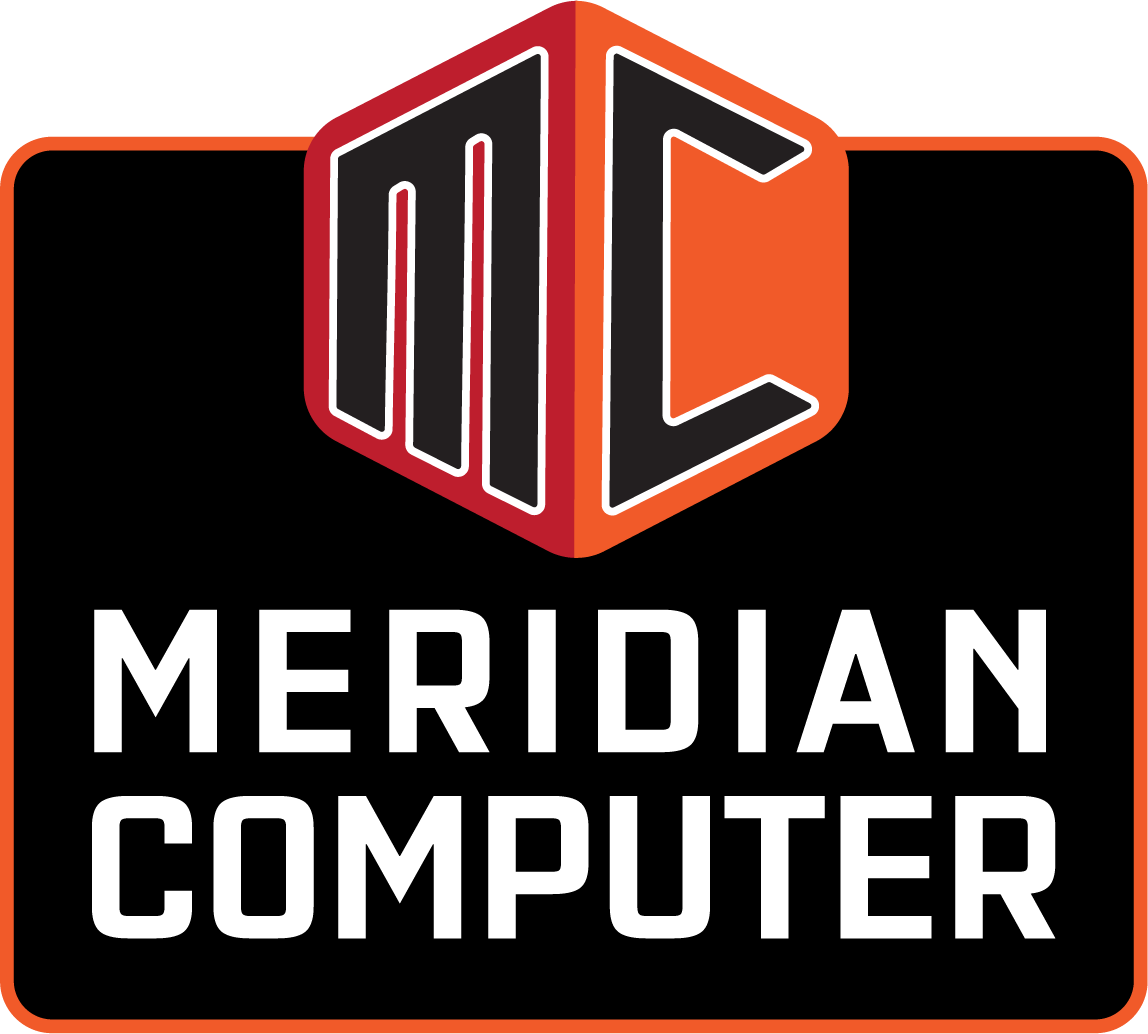VIRUS REMOVAL and CLEANING
Protect Your Data Against Destructive Viruses
Here at Meridian Computer, we understand that the threat of a virus attacking your computer is quite real nowadays. Viruses can cause hundreds of dollars in damage and you may lose sensitive or irreplaceable data in the aftermath. Do not be vulnerable to viruses when you are online. Protect your computer or network from destructive viruses with Meridian Computer. Our solutions are designed to protect your critical data and equipment while you are online. Call us today and have one of our experienced technicians install some of the best anti-virus software in the industry right on your computer.
If you are capable of that on your own then here are our personal recommendations for anti-virus:
How To Avoid & Prevent Ransomware
Backup Your Systems, Locally & In The Cloud
• The first step to take is to always backup your system. Locally, and offsite.
This is essential. First, it will keep your information backed up in a safe area that hackers cannot easily access. Secondly, it will make it easier for you to wipe your old system and repair with backup files in case of an attack.
•
Failure to back up your system can cause irreparable damage.
Use a cloud backup solution to protect your data. By protecting your data in the cloud, you keep it safe from infection by ransomware. Cloud backups introduce redundancy and add an extra layer of protection.
Segment Network Access
• Limit the data an attacker can access. With dynamic control access, you help ensure that your entire network security is not compromised in a single attack. Segregate your network into distinct zones each requiring different credentials.
Early Threat Detection Systems
•
You can install ransomware protection software that will help identify potential attacks. Early unified threat management programs can find intrusions as they happen and prevent them. These programs often offer gateway antivirus software as well.
•
You can even use software designed to detect attacks after they have begun so the user can take measures to stop it. This can include removing the computer from the network, initiating a scan, and notifying the IT department.
Install Anti Malware / Ransomware Software
• Don’t assume you have the latest antivirus to protect against ransomware. Your security software should consist of antivirus, anti-malware, and anti ransomware protection.
• It is also crucial to regularly update your virus definitions.
Run Frequent Scheduled Security Scans
•
All the security software on your system does no good if you aren’t running scans on your computers and mobile devices regularly.
•
These scans are your second layer of defense in the security software. They detect threats that your real-time checker may not be able to find.
Create Restore & Recovery Points
•
If using windows, go to the control panel and enter in System Restore into the search function. Once you’re in System Restore, you can turn on system protection and create regular restore points. You should also create restore points.
•
In the event you are locked out, you may be able to use a restore point to recover your system.
Train Your Employees and Educate Yourself
•
Employees should recognize the signs of a phishing attack. Keep yourself and your employees up-to-date on the latest cyber attacks and ransomware. Make sure they know not to click on executable files or unknown links.
•
Regular employee security awareness training will remind your staff of their roles in preventing ransomware attacks from getting through to your systems. For employees who work remotely, make it clear that they should never use public Wi-Fi because hackers can easily break in through this kind of connection.
Enforce Strong Password Security
• According to background check service Instant Checkmate, 3 out of 4 people use the same password for multiple sites . More staggering is that one-third use a significantly weak password (like abc1234 or 123456. Use multiple strong passwords, especially for sensitive information.
Think Before Clicking
• If you receive an email with the attachments .exe, .vbs, or .scr, even from a “trusted” source, don’t open.
These are executable files that are most likely not from the source you think it’s from. Chances are the executables are ransomware or a virus. Likewise, be especially vigilant with links supposedly sent by “friends,” who may have their addresses spoofed.
• When sent a link, be sure the sending is someone you know and trust before clicking on it. Otherwise, it may be a link to a webpage that may download ransomware onto your machine.
Apply Software and OS patches ASAP
• Malware often takes advantage of security loopholes and bugs within operating systems or software. This is why it is essential to install the latest updates and patches on your computers and mobile devices.
NOTE:
Staying with archaic versions is a guaranteed way of making your systems and their data a target.

